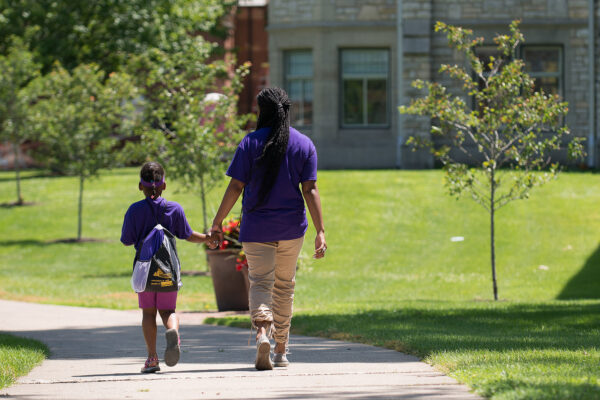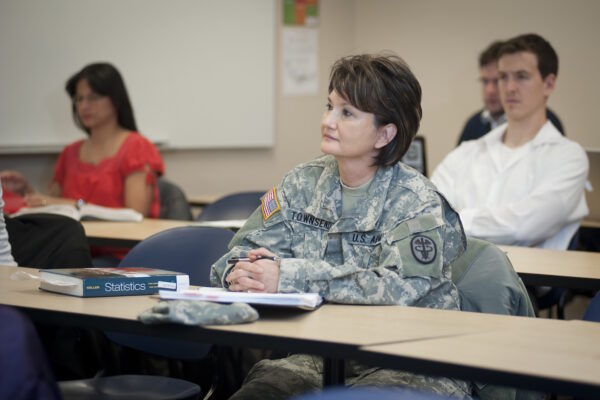New Resource Aims to Improve Student Success, Job Outlook for Post-Traditional Learners
Report: The Accelerating Recovery through Credentials Adult-Ready Playbook
Source: Education Strategy Group
A new resource from the Education Strategy Group (ESG) seeks to equip institution and state leaders to better support post-traditional students as competing challenges, such as the COVID-19 pandemic and labor market demands, impact adult-learner success.
The Adult-Ready Playbook is the second resource to emerge out of ESG’s Accelerating Recovery through Credentials, an initiative to specifically improve outcomes for post-traditional students. This resource builds upon previous work, illuminating the need for policy, practice, and systems reform at the state and institutional level. Such efforts would ultimately promote valuable credentials for post-traditional learners that lead to jobs with life-sustaining wages.
The Adult-Ready Playbook overview highlights specific challenges post-traditional learners face and how colleges and universities can help them navigate postsecondary systems, ensuring students are able to accomplish their academic, professional, and personal goals.
Additional resources provided by ESG include self-assessments for states and institutions to examine preparedness for transformation of current policies and practices to support post-traditional student success. From there, leaders are encouraged to explore actions and strategies to improve adult-learner experiences in five key areas. Some examples of strategies in these key areas guides include:
1.) Accessibility – expanded aid for post-traditional learners; transparent communication of program cost and value
2.) Program Change – modifying course frequency and schedules for improved flexibility
3.) Operational Change – centralize student services for ease of access; improve post-traditional student advising
4.) Data – connect state data on post-traditional students to measure long-term outcomes
5.) Partnerships – work with employers to align credentials with labor market needs
ESG also makes an important note that emphasis on improving access and flexibility for post-traditional students is a benefit to all learners.
Click here for access to ESG’s Adult-Ready Playbook and accompanying resources.
—Danielle Melidona
If you have any questions or comments about this blog post, please contact us.

